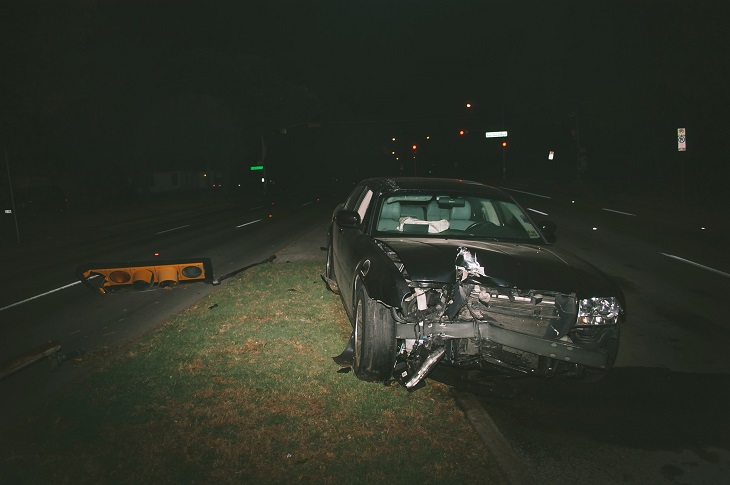Why Driving Angry Should Be Avoided At All Costs

There are certain situations where emotions can get in the way of better judgement while driving a car. It’s nothing to do with a failing of character or will; getting angry behind the wheel can happen to anyone.
Whether it’s leftover anger from of a problem that occurred prior to getting into the car, or whether you become angry because of an incident such as getting cut off in traffic, being angry while driving can be detrimental to how well a person drives and their focus behind the wheel. Most seriously, it can increase the risk of getting into an accident.
Here’s why driving angry should be avoided at all costs, and what you can to do stay calm behind the wheel.
Why is angry driving a major problem?
The best example of angry driving is road rage. Road rage occurs when someone gets angry at someone else in traffic because of something they did or didn’t do on the road. The problem with road rage is that it can distract a person from the task at hand. According to the National Highway Traffic Safety Administration, 94% of all errors made by drivers are the cause of accidents. Of those, 33% can be directly linked to road rage incidents. It’s been proven that road rage increases the risk of making an error behind the wheel, and that’s one of the main reasons why angry driving is a major problem.
Research done in the 90s also found that over 12,000 injuries that happened on the road were directly caused by being angry behind the wheel, specifically in a road rage incident, with over 200 of those cases involving deliberate physical altercations resulting in death. One concerning issue that can be determined from research is that road rage incidents have been steadily increasing since then.

How can anger affect driving?
Studies have shown that there are many ways driving angry can affect the way a person performs behind the wheel. According to the American Psychological Association, feelings associated with anger can lead to hostile and aggressive thinking. When that is coupled with driving, it can lead to issues with other drivers on the road. These issues are also less likely to be perceived by the angry person as they actually occurred.
Angry drivers are also more likely to take risks while on the road. Studies reported that people who drove while angry participated in risky behaviors such as speeding, rapidly switching lanes, tailgating other drivers, and driving through red lights. Angry driving also causes drivers to become aggressive. Aggressive driving is a dangerous tactic, especially if it involves measures such as swearing or yelling at other drivers or even deliberately cutting people off or running them off the road.
Driving angry can lead to more accidents. Research has found that angry drivers are actually twice as likely to get in an accident than those who are calm while driving. Those who drive angry are also more impulsive behind the wheel, which can lead to impaired judgement on the road.
How do I not get angry when driving?
It can be easy to fall into the trap of getting angry on the road. There are ways to combat that anger while you’re driving, though. In the instance that another driver is making you angry, it’s best to try not take it personally. They could be an aggressive driver who sees you as no more than another car in their way. This has nothing to do with you and everything to do with them. By remembering that they are not personally attacking you, you may be able to better keep calm and safe.

You can also practice defensive driving. This driving technique operates under a set of learned skills that teach you how to handle the road in a less dangerous way. It keeps you safer around other drivers and allows you to spot and avoid hazards on the road.
Positive affirmations can also go a long way when you can feel your anger getting the best of you behind the wheel. By repeating calming, positive affirmations, you can give yourself the option to see the situation differently. This will allow you to slow down, calm your thoughts, and continue driving in a focused and relaxed manner.
If all else fails, pull the car over until you can collect yourself. Driving angry is a dangerous act and can lead to both minor and major collisions. If you are angry prior to getting in the car, try staying parked for a while and practicing positive affirmations or listening to calming music prior to beginning your journey. Staying calm and focused is key to staying safe while driving.